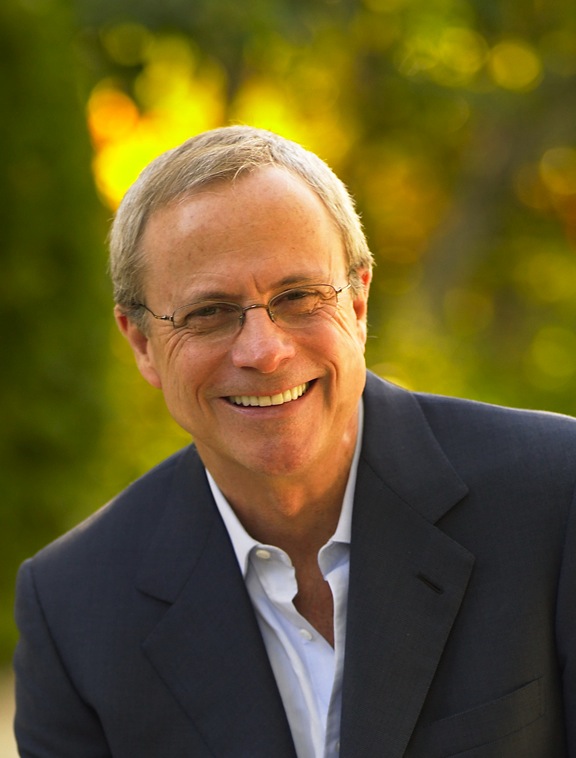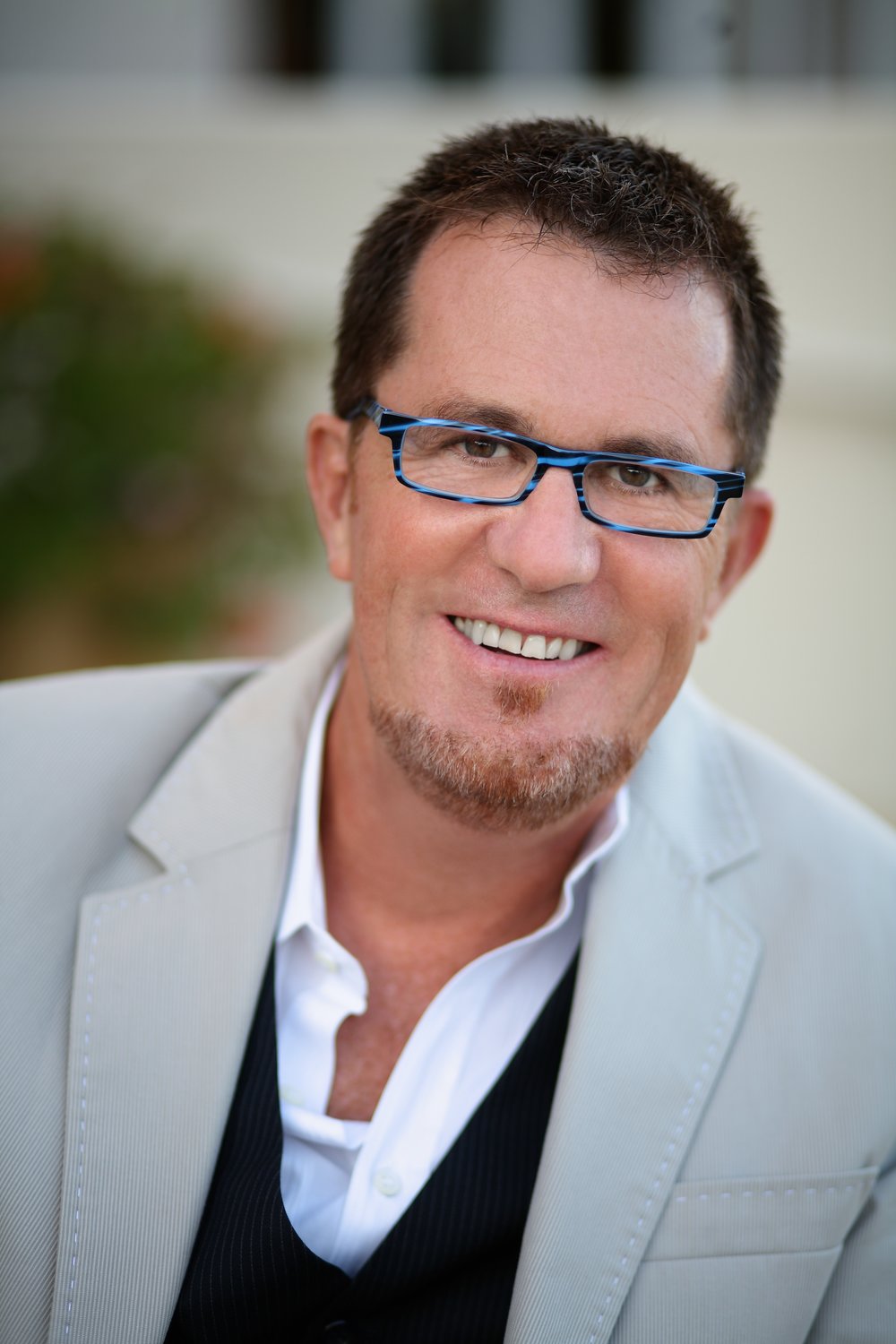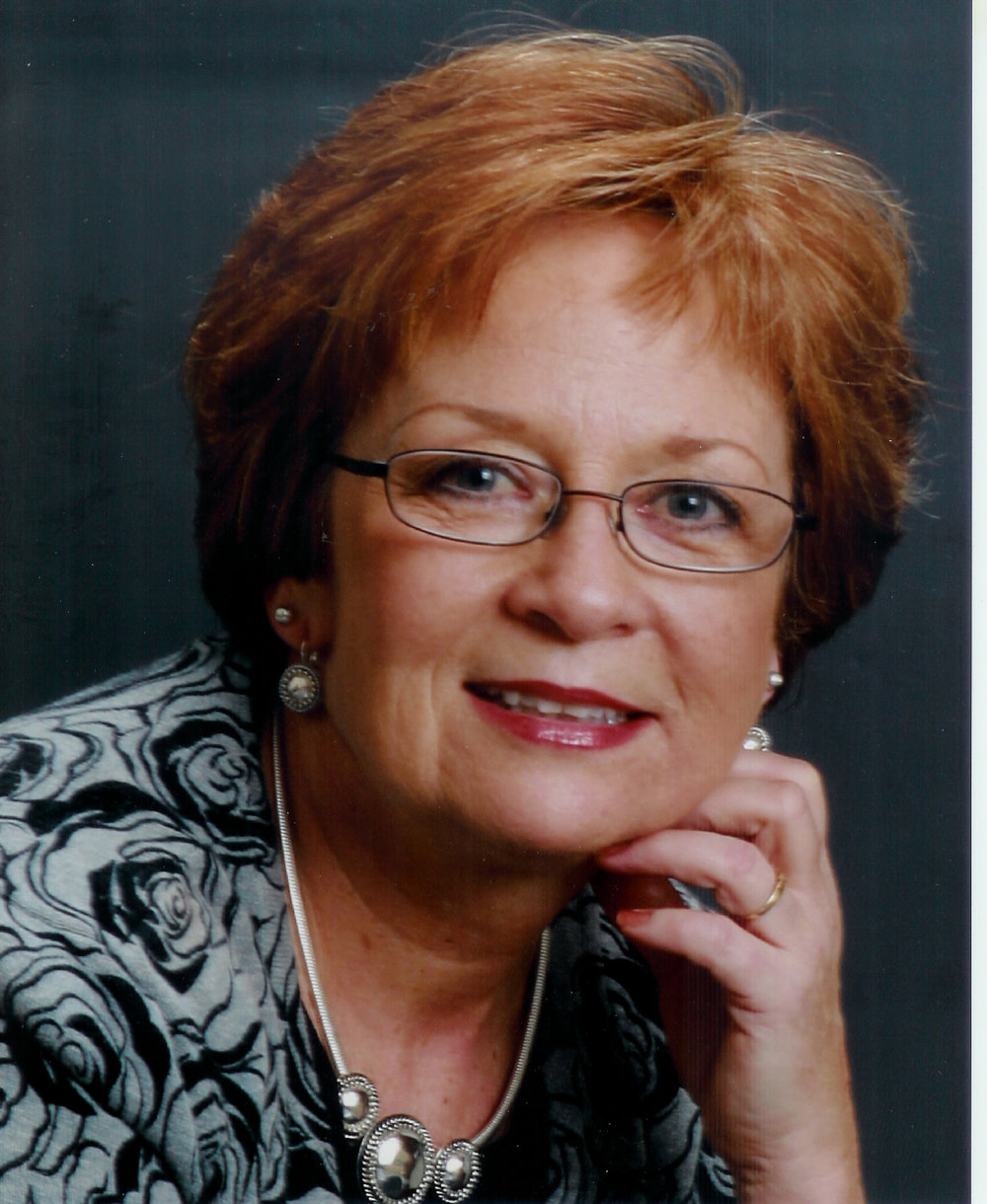Leslie Josel
Leslie Josel "Ask the Expert" interview about MotivationThe popular “Ask the Expert” interview series connects you with industry thought leaders. This year we’ve spoken with David Allen about time management, Peter Walsh about clutter, Sheila Delson about letting go, Laura Berman Fortgang about next steps, Judith Kolberg about change, and Sue West about fresh starts. This month I’m excited to bring you a trailblazer in the professional organizing industry, Leslie Josel, to share her insights and wisdom about motivation.
Leslie and I have been friends and colleagues for almost 10 years. We met through the National Association of Professional Organizers (NAPO) and the Institute for Challenging Disorganization (ICD). Over the years, I’ve been fortunate to work with Leslie on several projects in addition to having time to just socialize with her. She has tremendous energy, drive, compassion, and a fabulous sense of humor. What can I say? She’s savvy and a lot of fun to be with. My deepest gratitude goes to Leslie for taking the time to join us. Before we begin, here’s more about her.
Leslie Josel is the Principal of Order Out of Chaos, an organizing consulting firm specializing in student organizing and chronic disorganization. She is a member of NAPO and holds her ADHD and Hoarding Specialist certifications from the ICD as well as her ADHD coaching certification from JST coach training. Leslie is known as a respected resource on ADHD and Executive Functioning in students and has been featured in national broadcast and print media on these subjects. She also speaks nationally to parent and educator groups on a variety of issues and topics facing students today. Leslie is the creator of the award winning Academic Planner: A Tool for Time Management(a student planner that helps teach students time management). She is also co-author of The Complete Diabetes Organizer, being released later this year. You can connect with Leslie on Twitter, LinkedIn, Facebook, Pinterest, blog or website.
Linda Samuels: What motivates people to move forward when they are feeling overwhelmed?
Leslie Josel: That's a tough one as each individual comes to motivation with their own set of unique obstacles and drive. But I like to work with my clients to help them understand that motivation can be to some degree needless. Believing we have to "feel" like doing something in order to actually do it can lead to not getting anything done. Sometimes if we simply just begin, we can become motivated as the task is in action.
Linda: What suggestions do you have for sustaining motivation when you encounter setbacks towards your goals?
Leslie:Most would say picture the end result. "See" yourself where you want to be. For most (including me), I like to reflect on where I've been. Seeing how far I might have gotten or even staying still (no backsliding) is very powerful in putting me back on track.
Linda: What are your favorite techniques for getting motivated?
Leslie: Some of my favorite techniques for staying motivated are doing the hardest or longest task first, constantly building in rewards, faking urgency (creating deadlines), working at my "peak" energy times, and setting timers.
Linda: What has been your biggest personal motivation challenge?
Leslie: My biggest personal motivation challenge is to exercise more. I've tried it all – classes, equipment in my home, making appointments with myself – all of it. You name it; I have tried it. Buddying up is the only thing I have found to work. Accountability is key! And having someone literally pick me up at my house!
Linda: What is your most surprising discovery about motivation?
Leslie: My most surprising discovery about motivation is how motivating fear can be. Fear can be paralyzing for some and highly motivating for others. I know that fear is what propels me forward. To some degree it is probably insecurity or self doubt of some kind. “Do I know enough? Have I done enough homework? Will others find me knowledgeable and my content useful? What will happen if I don’t…?” All of those questions are what keeps me going. However, for others that same feeling can be completely paralyzing. In fact, in a lot of my clients fear is the first obstacle we work on to get unstuck.
Linda: What else would you like to add?
Leslie: I try to strip the layers away when working on motivation techniques. The build up or anticipation is usually worse than the task or situation itself. So when I get hit with the “I don't want to,” I flip it upside down and say don't do it because you have to; do it because you can. I am a huge believer in good enough. I believe you need to create energy around your tasks to sustain motivation and to that point environment is key. Surround yourself in an environment that will provide a state of high enthusiasm to create motivation. Kind of like a natural caffeine boost!
Thank you, Leslie for sharing your thoughts about motivation. Your no nonsense, practical approach is Oh, So Leslie! There are so many valuable nuggets here. In particular, I appreciate the useful perspective of removing the “don’t want to” and replacing it with “because you can.” That’s a powerful strategy as it distances us from our negative feelings and refocuses us on the doing.
I invite you to join Leslie and me as we continue the conversation. We’d love to hear your thoughts about motivation. What resonates with you? What are your recent motivation challenges and strategies?





